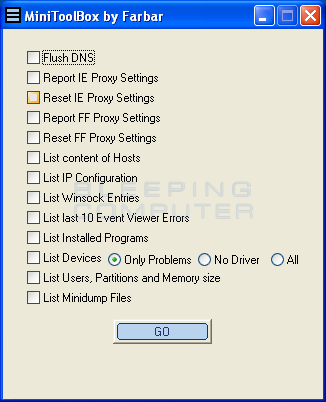This 0x9F BSOD happens because some device failed to complete a power transition (from idle low power to running high power, or vice-versa) in a reasonable time. If we had some minidumps I could tell you exactly which device it was, but we have no dumps even though there are several 0x9F BSODs in the system log. In order for dumps to be written all of the following must be true...
- The page file must be on the same drive as your operating system
- Set page file to "system managed"
- Set system crash/recovery options to "Automatic memory dump"
- Windows Error Reporting (WER) system service should be set to MANUAL
- User account control must be running
In addition, the following can also prevent you seeing dumps...
- SSD drives with older firmware do not create dumps (update the drive firmware)
- Cleaner applications like Ccleaner delete dump files, so don't run them until you are fixed
- Bad RAM may prevent the data from being saved and written to a file on reboot, so if all else fails test your RAM
A careful examination of your logs suggests that the AX201 WiFi card might (but only might) be having issues. There are many warning messages for that device...
Log Name: System
Source: Netwtw10
Date: 24/02/2024 18:28:29
Event ID: 6062
Task Category: None
Level: Warning
Keywords: Classic
User: N/A
Computer: IsabellaLaptop
Description:
The description for Event ID 6062 from source Netwtw10 cannot be found. Either the component that raises this event is not installed on your local computer or the installation is corrupted. You can install or repair the component on the local computer.
If the event originated on another computer, the display information had to be saved with the event.
The following information was included with the event:
\Device\NDMP4
Intel(R) Wi-Fi 6 AX201 160MHz
The message resource is present but the message was not found in the message table
There are also related warnings for the DNS service (which of course depends on the AX201...
Log Name: System
Source: Microsoft-Windows-DNS-Client
Date: 24/02/2024 18:26:44
Event ID: 1014
Task Category: (1014)
Level: Warning
Keywords: (268435456)
User: NETWORK SERVICE
Computer: IsabellaLaptop
Description:
The description for Event ID 1014 from source Microsoft-Windows-DNS-Client cannot be found. Either the component that raises this event is not installed on your local computer or the installation is corrupted. You can install or repair the component on the local computer.
If the event originated on another computer, the display information had to be saved with the event.
The following information was included with the event:
pub-csm-usea-02-t.trouter.skype.com
128
14056
The message resource is present but the message was not found in the message table
Neither of these warnings are terribly serious and neither would cause BSODs, but these are the only messages that relate to a device.
There are several error messages in your logs for the Microsoft gaming input service...
Log Name: System
Source: Service Control Manager
Date: 24/02/2024 03:44:06
Event ID: 7031
Task Category: None
Level: Error
Keywords: Classic
User: N/A
Computer: IsabellaLaptop
Description:
The GameInput Service service terminated unexpectedly. It has done this 2 time(s). The following corrective action will be taken in 1000 milliseconds: Restart the service.
Amongst other things this service handles input from a host of gaming input services, including keyboards, mice, gamepads, game controllers, etc. It's significant because it uses a Microsoft filter driver that is known to be flaky; gameflt.sys. You can list the filter drivers by opening an elevated command prompt and entering the following command...
fltmc filters
Post a screenshot of that output.
This is a separate and probably unrelated issue because the game input service is most unlikely to be the cause of these 0x9F BSODs - but we really need minidumps to be sure.
Edited by ubuysa, 25 February 2024 - 07:19 AM.




 Back to top
Back to top














